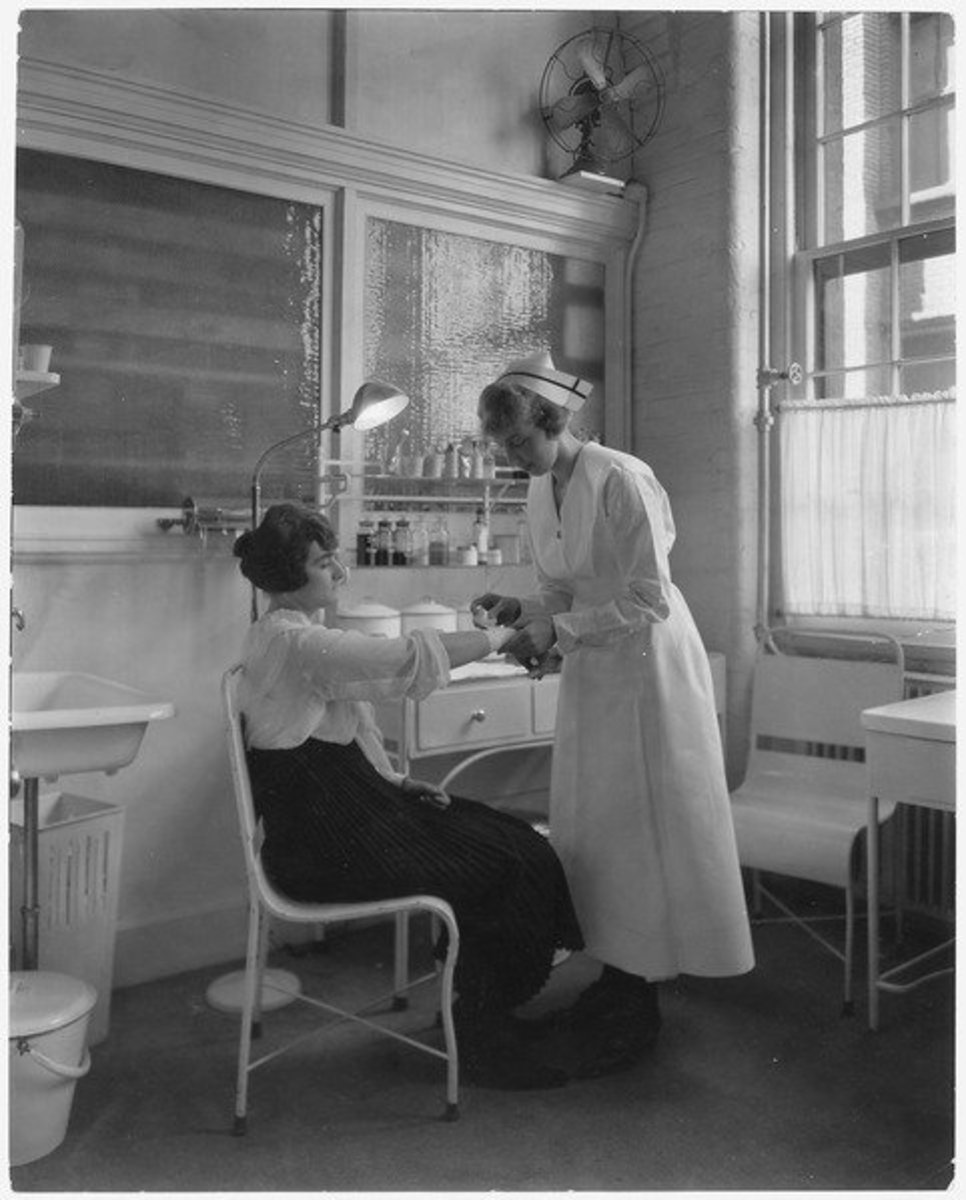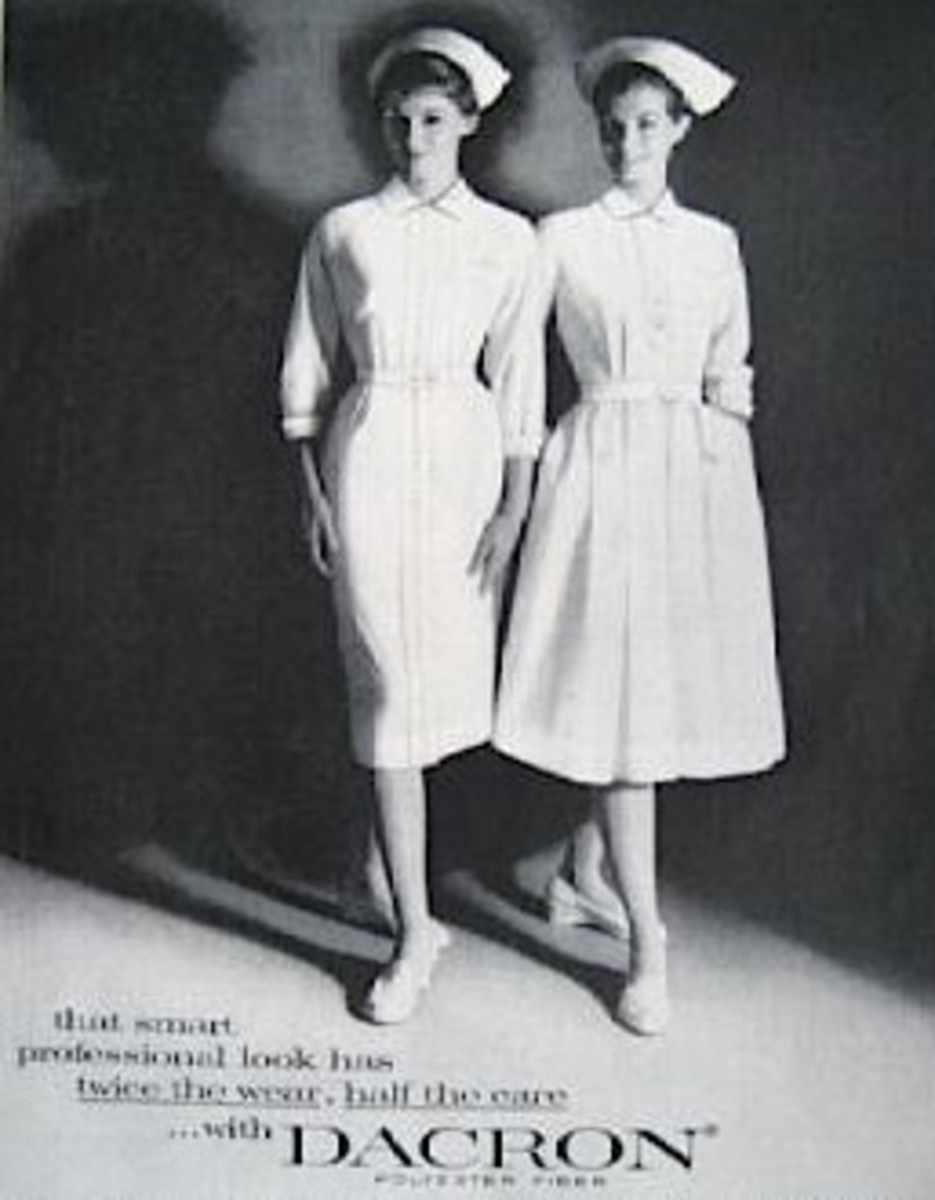practical nursing vs. registered nursing: the pros and cons of each career choice

Thinking About a Career in Nursing? Consider Your Choices
Nurses can be divided into two categories: licensed practical nurses and registered nurses. Each type of nursing has separate career training and different duties. Each also has different requirements for entrance and advancement.
Practical Nursing: An Overview
Practical nurses are known as LPNs or licensed practical nurses. A licensed practical nurse is a medical professional who has received specific training, earned a certification and become licensed by the state. A LPN is a very popular career choice for those entering the medical profession.
In order to become an LPN, you must complete post-high school college coursework. Licensed practical nurse training is usually offered at a community college or a hospital. Training takes as little as a year if you can get summer time classes. Otherwise you can expect to spend eighteen months completing your training. During this time, you will take courses in the sciences as well as basic medical procedures such as how to take a patient’s history and write notes that a doctor can read easily.
Once you have passed your training with satisfactory grades, you can get permission to start on your clinical training. This is training that takes place in a hospital or nursing home. You will work full time for at least three months learning patient care techniques directly from a nursing instructor. You will work with actual patients during this time and be judged on your ability to interact with them in a professional manner.
After the completion of your clinical training, you will need to pass a state licensing exam. Then you can apply for jobs.
As an LPN, you can expect to perform basic health care duties for many patients. These include assisting patients who are facing mobility issues with activities for daily living. You may also perform other various health care duties such as taking a patient’s vitals and performing certain tests on a patient.
Registered Nursing: An Overview
Registered nurses have traditionally formed the backbone of the health care profession. The profession is expected to continue to grow as the population ages and the need for trained and skilled medical care professionals will remain.
A registered nurse is also known as an RN.
If you want to become a registered nurse, you will need to earn a degree in the field of nursing and then pass your state licensing exams. Training for an RN is quite similar to that of an LPN, but it takes longer and is far more intense.
You will first need to apply to a nursing program. Admissions for a nursing program can be quite competitive. You may need to wait a few terms for admission. You might also need to take additional coursework in the sciences in order to qualify for admission to a program. This is especially true if your high school grades were under a certain grade point average or your college testing results are not within a certain range.
You can choose to complete a two year or four year program in nursing. The choice of program for you often depends on a variety of factors including the location of the program and your basic aims. A four year nursing degree is ideal but a two year degree can allow you to enter the profession quickly and then complete the rest of your training later on.
As an RN student, you can expect to study the hard sciences. Nursing students typically take classes in biology, chemistry and psychology as well as nursing procedures and patient psychology. You will be expected to maintain a certain grade point average in order to remain in the nursing program. Admission to specific courses is also predicated upon how well you’ve done in prior classes.
Once you have completed all your undergraduate classes, you will be assigned to complete your clinical training. During this time, you will work closely with a nurse and learn how nursing procedures are carried out directly. You will be expected to demonstrate basic competence in standard nursing procedures as the term progresses.
Upon graduating, you must take and pass state exams in order to earn your nursing license. The state exam will cover all that you have learned about nursing during your training period. You may take the exam more than once if you do not pass it the first time.
Advantages of Practical Nursing
Training and certification as a nurse offers several important advantages. Training can be completed in as little as a year. This means you can enter the profession quickly and start earning money. The job market should continue to be good for LPNs in the future as hospitals and other medical facilities seek out qualified people to fill in necessary patient care duties.
If you have an LPN, you can also go on to earn a more advanced degree and make your transition to an RN within the next few years. Some employers will even allow you time to earn the advanced degree and training on site or paid time off to take classes.
Advantages of Registered Nursing
As an RN, you can expect to find work in many possible settings once you have received your training. Registered nurses earn higher salaries than practical nurses. They also have more duties and responsibilities. Registered nurses are often put in charge of supervising many other medical workers including licensed practical nurses. You can also use your degree as a stepping stone to enter management and earn even more money. If you only have an LPN certification, you will be required to get your RN in order to get any kind of further training.
Registered nurses can also more easily go for specialized training such as training in labor and delivery nursing or assisting in surgery than LPNs can.
Practical Nurse or Registered Nurse?
Which one should you go for?
That ultimately depends on your goals.
If you want to enter the nursing profession as soon as possible, strongly consider taking a quick licensed practical nursing course. You can get a job after you graduate.
If you have the time, strongly consider entering a registered nursing program. An RN degree will make it easier for you to earn more money in nursing and assume more responsibility. You will also have more opportunities to move forward in this profession more easily.
more information
- Registered nursing career information: if you're thinking about becoming an RN
Becoming a nurse can be an excellent way to combine your interest in medicine with your desire for a satisfying career. Find out what you need to know to enter this growing profession. - The pros and cons of a nursing career: consider carefully before you begin
Becoming a nursing requires training and hard work. Consider all aaspects of this important career before you begin. - Nursing Career Pathways: The Many Different Ways You Can Develop Your Career
Learn the many varied ways you can carve out a satisfying career in the growing field of nursing.








